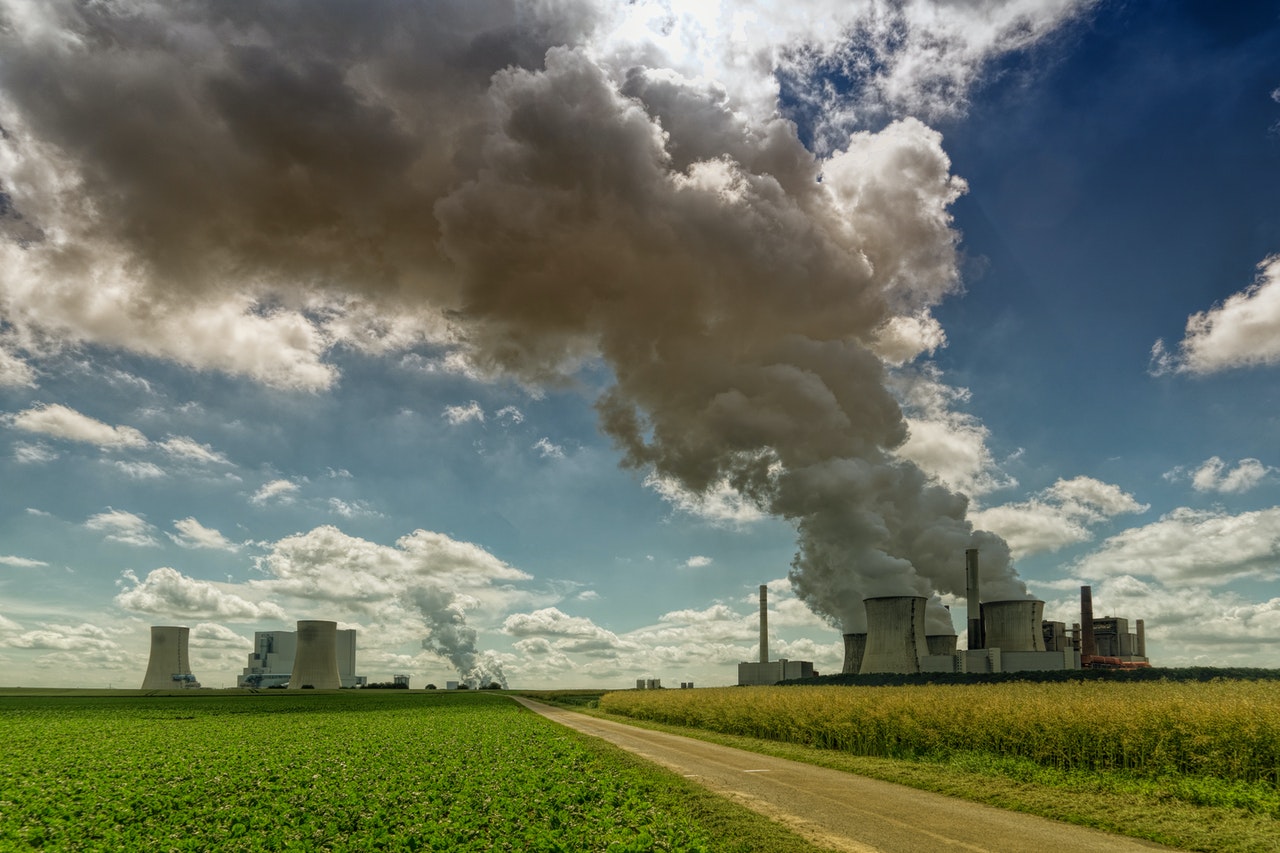The Japanese government will allocate 20 trillion yen (about $157 billion) over the next three years to build the country’s economy, including the complete cessation of industrial emissions of carbon dioxide into the atmosphere and having a CO2-free economy.
In particular, the funds will be spent on subsidies to private companies that are actively involved in such programs.
According to Asahi newspaper, citing official sources, the decision to allocate 20 trillion yen was announced personally by Japanese Prime Minister F. Kishida at a meeting on Thursday with a group of experts developing a program for the government to transfer the economy to clean energy and CO2-free economy.
At present, the Ministry of Economy, Trade and Industry of the country is preparing a program in the field of energy re-equipment of the economy by reducing dependence on the use of mineral fuels.
The program includes, among other things, the replacement of oil, natural gas and coal with CO2-free combustion hydrogen and ammonia.
In Japan, industrial and automobile emissions of carbon dioxide into the atmosphere are planned to be reduced to zero by 2050.
And by 2030, up to 38% of the total electricity in the country is expected to be generated using environmentally friendly renewable energy sources (RES).

